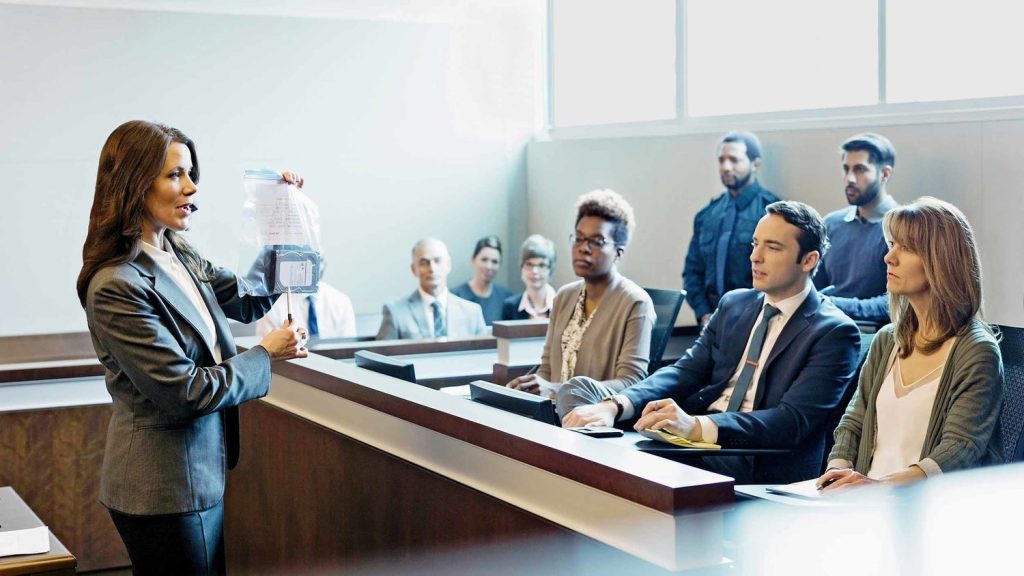When individuals find themselves facing criminal charges, it can be a daunting and overwhelming experience. That’s where criminal lawyers step in, playing a vital role in protecting their clients and minimizing legal consequences. In this blog post, we will explore the strategies employed by criminal lawyers to safeguard their client’s rights and ensure fair outcomes.
1. Expert Legal Advice
One primary strategy criminal lawyers employ is offering expert legal advice. Take, for example, a criminal defense attorney in Salt Lake City. They have an in-depth understanding of the law, the local court procedures, and the intricacies of the Utah legal system. With their expertise, they can guide their clients through the complex legal process, helping them make informed decisions at every stage. Not only this, but they also help their clients to understand their rights, the nature of the charges against them, and the potential legal consequences. This advice can be crucial in determining the outcome of the case.
2. Building a Strong Defense
Criminal lawyers are adept at building robust defense strategies. They carefully examine the evidence against their clients, identify weaknesses or inconsistencies, and gather additional evidence to support their case. By crafting a strong defense, these lawyers strive to cast doubt on the prosecution’s narrative, potentially leading to reduced charges or even acquittal.
3. Protecting Constitutional Rights
One of the criminal lawyers’ fundamental roles is protecting their clients’ constitutional rights. From the moment of arrest to trial and beyond, these lawyers ensure that due process is followed. They safeguard their clients against unlawful searches and seizures, unlawful interrogations, and other violations of their constitutional rights. Criminal lawyers help to ensure a fair legal process by holding law enforcement accountable.
4. Negotiating Plea Bargains
In some cases, criminal lawyers negotiate plea bargains with prosecutors on behalf of their clients. Plea bargains involve reaching an agreement with the prosecution to have the client plead guilty to lesser charges or receive a reduced sentence. Criminal lawyers use their negotiation skills and knowledge of the law to secure the best possible outcome for their clients, weighing the potential risks of going to trial against the benefits of a plea deal.
5. Courtroom Advocacy
When cases proceed to trial, criminal lawyers serve as powerful advocates for their clients. They present evidence, cross-examine witnesses, and challenge the prosecution’s arguments. With their persuasive abilities and understanding of courtroom procedures, these lawyers aim to sway judges or juries in favor of their clients. By effectively presenting their clients’ side of the story, they strive to achieve favorable verdicts.
6. Emotional Support
Facing criminal charges can be an emotionally draining experience. Criminal lawyers offer invaluable emotional support to their clients throughout the legal process. They provide reassurance, guidance, and empathy, helping their clients navigate the challenges and uncertainties they may encounter. Criminal lawyers help alleviate some of the stress associated with legal proceedings by being a trusted confidant.
Conclusion
Criminal lawyers play a crucial role in protecting their clients and minimizing legal consequences. Through expert legal advice, building strong defenses, protecting constitutional rights, negotiating plea bargains, advocating in the courtroom, and providing emotional support, these lawyers work tirelessly to ensure fair outcomes for their clients.
By upholding the principles of justice and equality, criminal lawyers help navigate individuals through the complexities of the legal system, striving for the best possible results.

